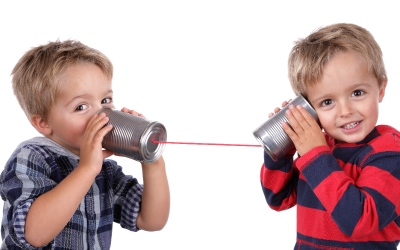Should Children have Best Friends at School?
In a recent statement, a head teacher of a leading primary school stated that young children shouldn’t have best friends as it opens up opportunities for children to feel hurt and ostracised. It’s easy enough to say, but are we programmed to have best friends? For the majority of people, best friendships are a key aspect of growing up and often carry on well into adulthood. Children naturally seek out close friendships, and they’ve been a motif in literature for centuries – from Tom Sawyer and Huckleberry Finn to Ratty and Mole from The Wind in the Willows. But despite this, children are now being encouraged to simply have lots of friends as a way of limiting the feeling of being alone, and to reduce fall-outs and possessive relationships. Though it may seem shocking, this teacher’s request isn’t the first of its kind – last year, a counsellor for children in London claimed that it was increasingly common for teachers to encourage large groups to play together, rather than developing tight-knit bonds.
People forge friendships as a way of creating trust and a close bond with people – children often have an extensive bond with at least one parent when they grow up, so when they leave for school they seek that relationship out as best they can in another. It helps them to feel more secure and validates your behaviour and character – this pattern can be seen in adults as much as in children. The term ‘best friend’ may be important to children, in particular amongst girls, but as we get older our relationships take on new labels. When it comes to relationships, we aren’t programmed to act in a democratic way – we choose specific people and want intimate relationships with them, rather than lots of people. As long as children don’t exclude others or act in a negative way towards other children, most experts agree that there is little harm in allowing children to have a best friend or to explore those kinds of friendships with other children.

Comments are closed.